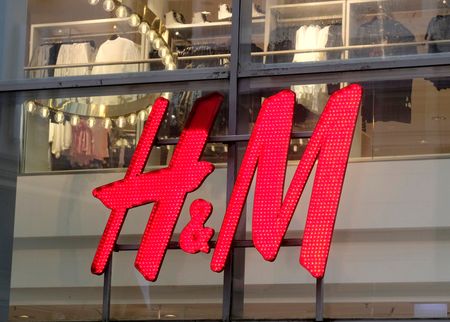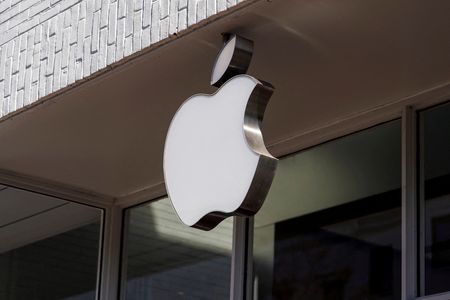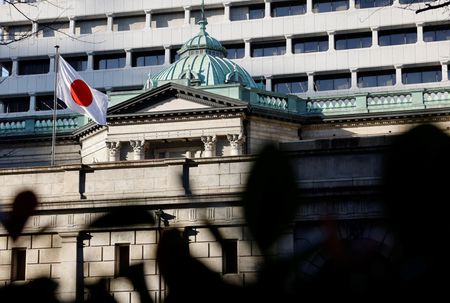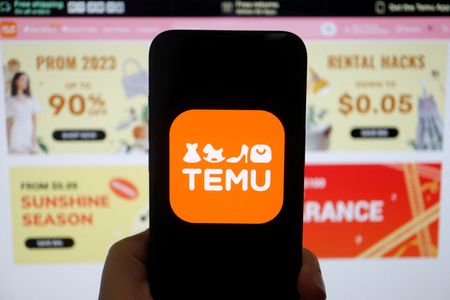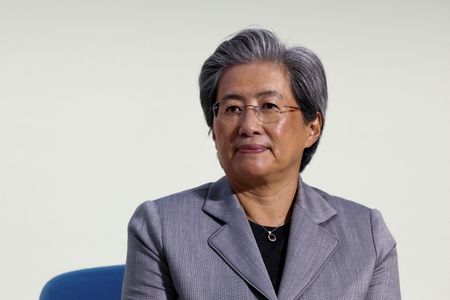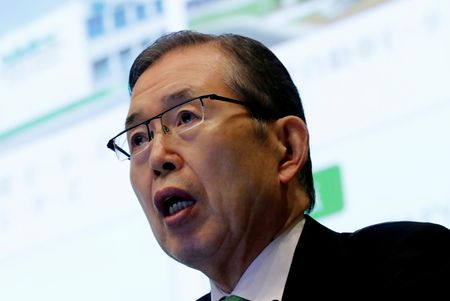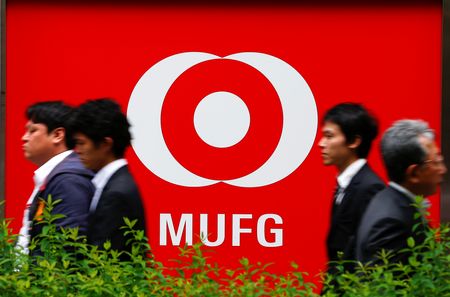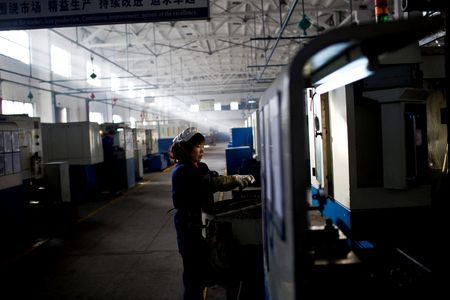By Tim Hepher and Nick Carey
(Reuters) -Netflix, fashion outlet H&M, tech company Oracle and many others cut or paused business in Russia on Wednesday because of the attack on Ukraine, while the United States laid out new sanctions and a Ukrainian official outlined to Reuters plans for fanning corporate support.
Netflix has paused new projects in Russia, Variety reported, while H&M has paused all sales there and Oracle said it had suspended all operations.
Oracle’s announcement on Twitter came about three hours after Ukraine’s minister of digital transformation tweeted to the company for support. Deputy Minister Alexander Bornyakov told Reuters that Ukraine has sought help from 50 different companies, part of a strategy to isolate Russia and get citizens to turn against their government.
“More sanctions imposed, faster peace restored,” Borynakov said.
The United States on Wednesday expanded such sanctions, imposing export controls on Belarus, a base for some of the Russian attacks on Ukraine.
The new sanctions also ban the export of specific refining technologies, making it more expensive for Russia to modernize refineries.
“The United States will take actions to hold Belarus accountable for enabling (Russian President Vladimir) Putin’s invasion of Ukraine, weaken the Russian defense sector and its military power for years to come, target Russia’s most important sources of wealth, and ban Russian airlines from U.S.
airspace,” the White House said.
The European Union also expanded its own ban to 70% of Belarus exports to the bloc.
In recent days, global brands including Shell, Apple and Boeing have cut ties or stopped sales in Russia, often with unstinting condemnation of Russia’s invasion of Ukraine.
Moscow, which has called Russia’s actions in Ukraine a “special operation”, has responded to the growing exodus of Western investors by temporarily restricting Russian asset sales by foreigners.
Still, the list of goods, consumer and industrial, that will no longer be sold in Russia is growing longer every day.
Winter clothing maker Canada Goose Holdings said on Wednesday it would suspend all wholesale and e-commerce sales to Russia, while video game maker Electronic Arts Inc is removing Russian teams from its “FIFA 22” soccer game and “NHL 22” hockey game.
The measures by the West have sent the rouble plunging and forced the central bank to jack up interest rates.
They have also made it impossible for many companies do business in the country.
Mercedes-Benz Group on Wednesday said it would suspend exports of passenger cars and vans to Russia as well as local manufacturing, following similar measures but global automakers including Ford and BMW.
NO LET-UP
Since the fall of Communism, Russia, and in particular the younger generation, has embraced global brands, foreign travel and social media.
Its deepening economic isolation risks putting some of those changes into reverse, and cutting off an important market for international companies.
Signaling there would be no let-up from the West, U.S.
President Joe Biden said in his State of the Union address on Tuesday that Putin “has no idea what’s coming” as he joined European states and Canada in closing U.S. airspace to Russian planes.
Within the aviation sector, General Electric Co on Wednesday said it had paused support of airlines in Russia.
Boeing the day before had suspended maintenance and technical support for Russian airlines, while rival Airbus stopped spare part deliveries, hobbling the industry in Russia.
On the sourcing side of the market, carmakers such as Volkswagen, BMW and Porsche are struggling to obtain crucial wire harnesses as suppliers in western Ukraine have been shuttered by the Russian invasion, forcing them to curtail production.
“Due to supply bottlenecks, interruptions to our production will occur,” BMW said in a statement.
“We are in intensive discussions with our suppliers.”
And videogame maker Motorsport Games Inc said the sanctions against Russia could delay the release of the racing game developer’s future titles, since a significant part of its development staff is based in Russia.
Russian firms meanwhile have felt increasingly squeezed.
Sberbank, Russia’s largest lender, said on Wednesday it was leaving the European market because its subsidiaries faced large cash outflows, adding that the safety of its employees and property was threatened.
Regulators, meanwhile are preparing for a possible closure of the European arm of Russia’s second-largest bank, VTB Bank, due to the impact of Western sanctions on the bank, sources told Reuters.
(Reporting by Nick Carey, Christina Ammann, Tim Hepher, and Reuters bureaux; Writing by John Revill and Peter Henderson; Editing by Jan Harvey and Nick Zieminski)

